Introduction
Incorporating healthy foods into your diet can significantly boost your energy, improve your health, and enhance overall well-being. While there are countless nutritious options available, some stand out due to their exceptional nutrient profiles. Here, we explore ten of the healthiest foods you can include in your diet and suggest a couple of ways to use each of them.
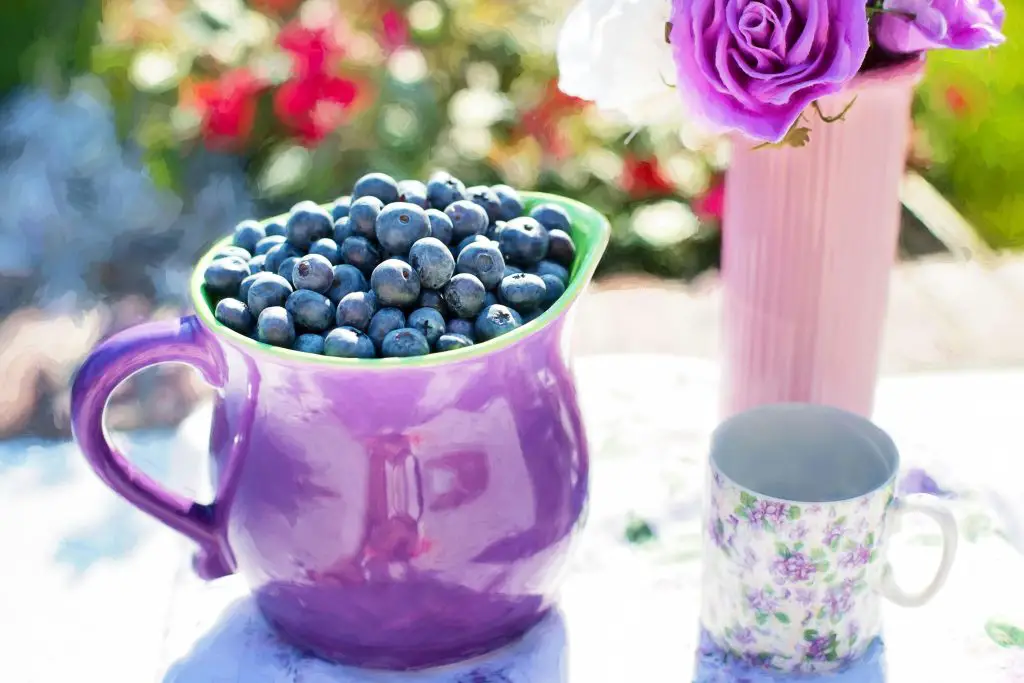
1. Blueberries: A Nutritional Powerhouse
Blueberries are small, delicious, and packed with antioxidants. These tiny fruits are well-known for their ability to combat oxidative stress. Rich in vitamins C and K, they also provide dietary fiber, which supports healthy digestion. Blueberries may even lower your risk of heart disease by reducing bad cholesterol levels.
Studies show1 that the anthocyanins in blueberries contribute to brain health. Regular consumption can improve memory and delay age-related cognitive decline. Simply add them to smoothies, cereals, or yogurt to enjoy their benefits.
Recipes:
Blueberry Smoothie Bowl: Blend 1 cup of frozen blueberries, 1 banana, and 1/2 cup of Greek yogurt. Top with granola and chia seeds.
Blueberry Oatmeal Bake: Combine 2 cups of oats, 1 cup of blueberries, 2 cups of almond milk, and 1 tsp of cinnamon. Bake at 350°F for 30 minutes.
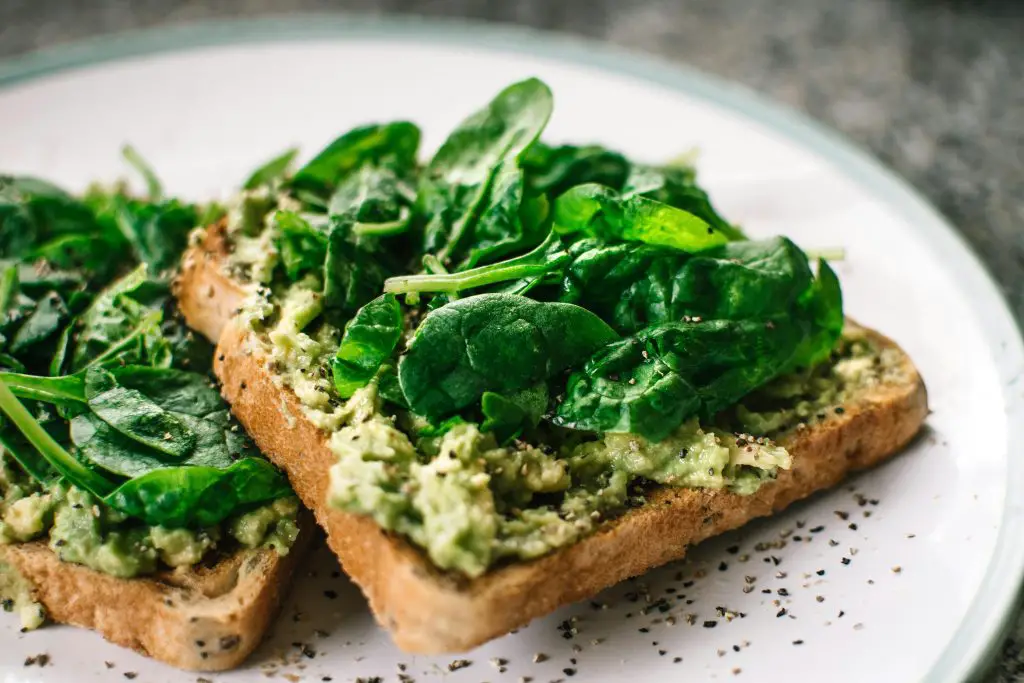
2. Spinach: The Green Giant of Nutrition
Spinach is one of the most nutrient-dense leafy greens you can eat. It’s loaded with vitamins A, C, and K, as well as iron, calcium, and magnesium. These nutrients help maintain strong bones, support immune function, and promote cardiovascular health.
Another benefit of spinach is its high content of antioxidants like lutein2 and zeaxanthin. These compounds protect your eyes from damage caused by UV light and aging. Whether cooked or eaten raw, spinach can easily be incorporated into various dishes.
Recipes:
Spinach and Feta Omelet: Sauté 1 cup of fresh spinach with olive oil. Add to 2 whisked eggs and sprinkle with feta cheese before folding.
Creamy Spinach Soup: Blend sautéed spinach, onion, garlic, and vegetable broth. Add a splash of cream for a silky texture.

3. Salmon: A Protein and Omega-3 Source
Salmon is a fantastic source of high-quality protein and essential omega-3 fatty acids. Omega-3s are crucial for brain function and reducing inflammation in the body. Regular consumption of salmon is associated with improved heart health and lower blood pressure.
This fatty fish is also rich in vitamin D and selenium, both of which play a role in boosting your immune system. Grill, bake, or pan-sear salmon to enjoy its health benefits and delicious flavor.
Recipes:
Grilled Lemon Herb Salmon: Marinate salmon in lemon juice, garlic, and herbs. Grill for 8-10 minutes until cooked through.
Salmon Quinoa Bowl: Top cooked quinoa with flaked baked salmon, steamed broccoli, and a drizzle of tahini dressing.
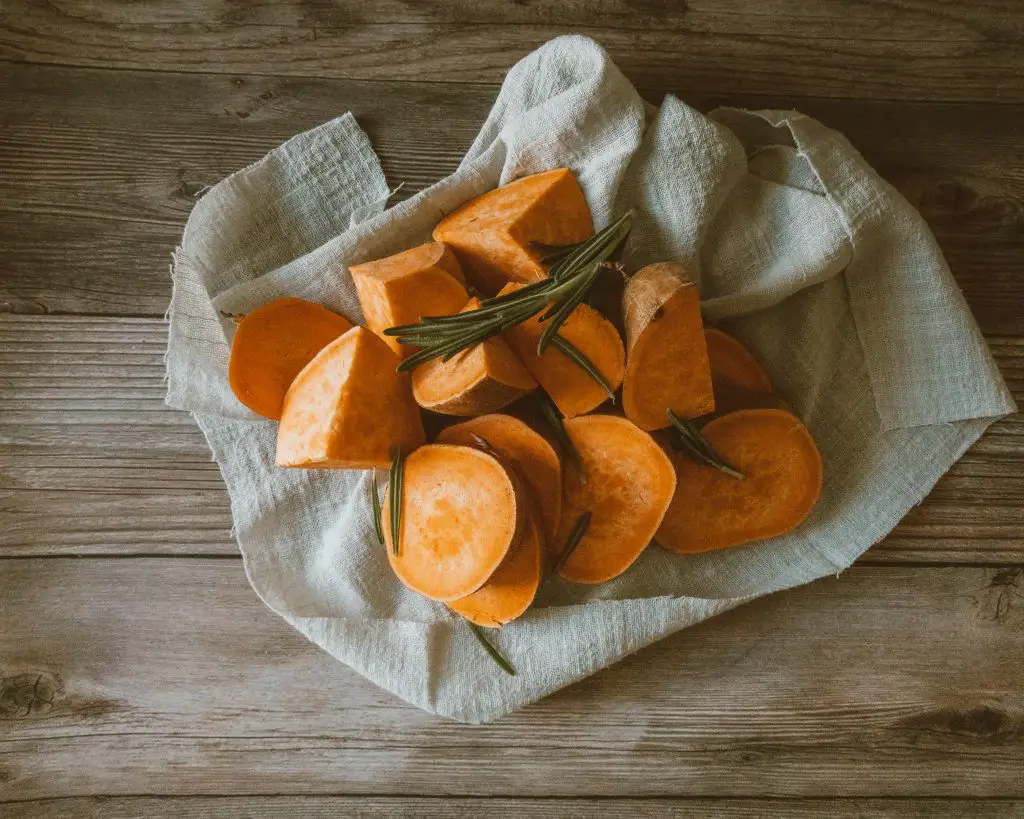
4. Sweet Potatoes: A Versatile Superfood
Sweet potatoes are a highly nutritious root vegetable. Packed with beta-carotene, they support healthy vision and skin. They’re also rich in vitamins B6 and C, along with dietary fiber that aids in digestion.
Their natural sweetness makes sweet potatoes a versatile ingredient in both savory and sweet dishes. Roast them, mash them, or use them as a base for soups and stews.
Recipes:
Roasted Sweet Potato Wedges: Toss sweet potato wedges with olive oil, paprika, and garlic powder. Bake at 400°F for 25 minutes.
Sweet Potato Pancakes: Mash 1 cup of cooked sweet potato. Mix with 2 eggs and a pinch of cinnamon. Cook like regular pancakes.
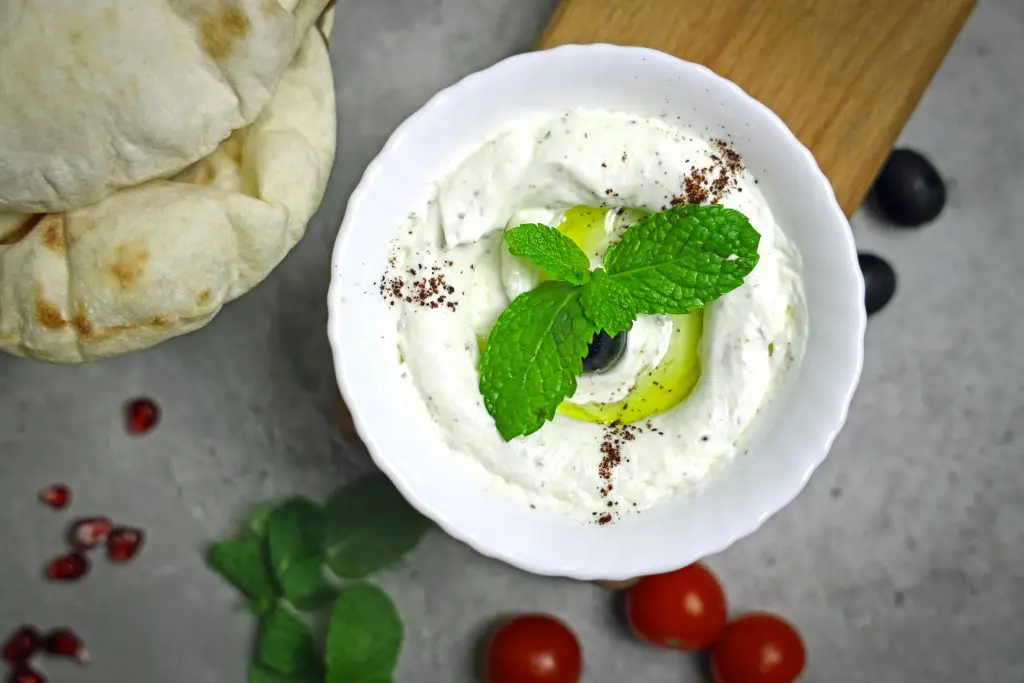
5. Greek Yogurt: A Probiotic Boost
Greek yogurt is a creamy, protein-rich dairy product that’s also packed with probiotics. These beneficial bacteria improve gut health and enhance digestion. Greek yogurt is an excellent source of calcium, which strengthens bones and teeth.
Unlike regular yogurt, Greek yogurt has a thicker consistency and contains less sugar. Pair it with fruits and nuts for a nutritious breakfast or snack.
Recipes:
Greek Yogurt Parfait: Layer Greek yogurt with granola and mixed berries for a quick and healthy snack.
Tzatziki Sauce: Mix Greek yogurt with grated cucumber, garlic, lemon juice, and dill. Use as a dip or spread.
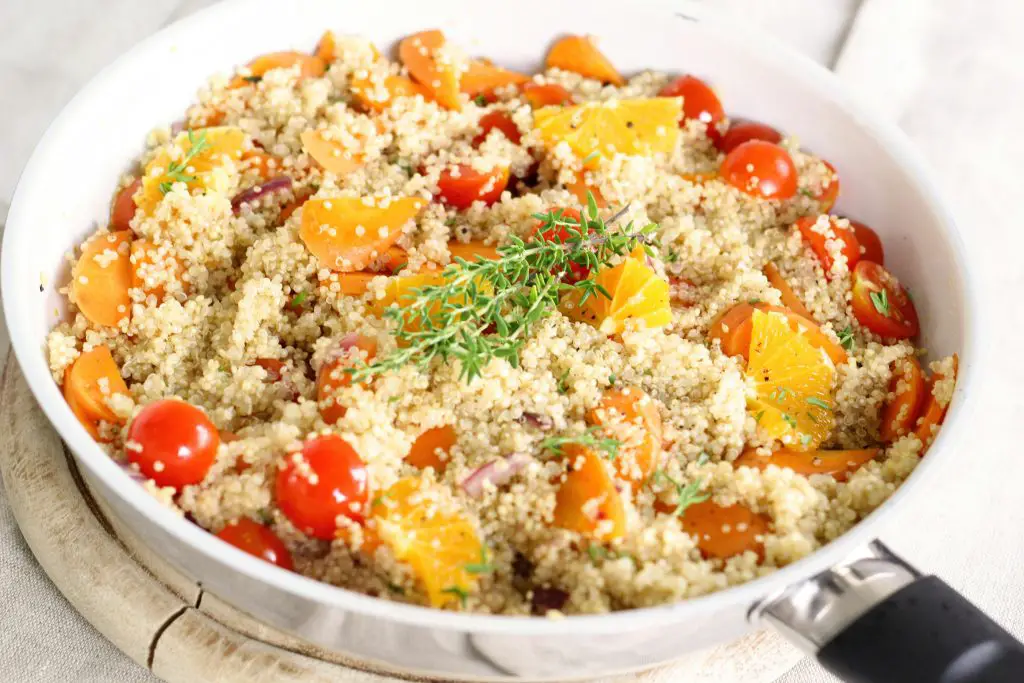
6. Quinoa: The Complete Plant-Based Protein
Quinoa is a whole grain that’s high in protein and contains all nine essential amino acids. This makes it a complete protein source, which is rare among plant-based foods. It’s also rich in fiber, magnesium, and iron.
Quinoa’s versatility makes it a perfect addition to salads, soups, and even breakfast bowls. It’s gluten-free, so it’s suitable for those with gluten sensitivities.
Recipes:
Quinoa Salad: Toss cooked quinoa with diced cucumber, cherry tomatoes, feta cheese, and lemon vinaigrette.
Breakfast Quinoa Bowl: Cook quinoa with almond milk. Top with sliced bananas, almonds, and a drizzle of honey.
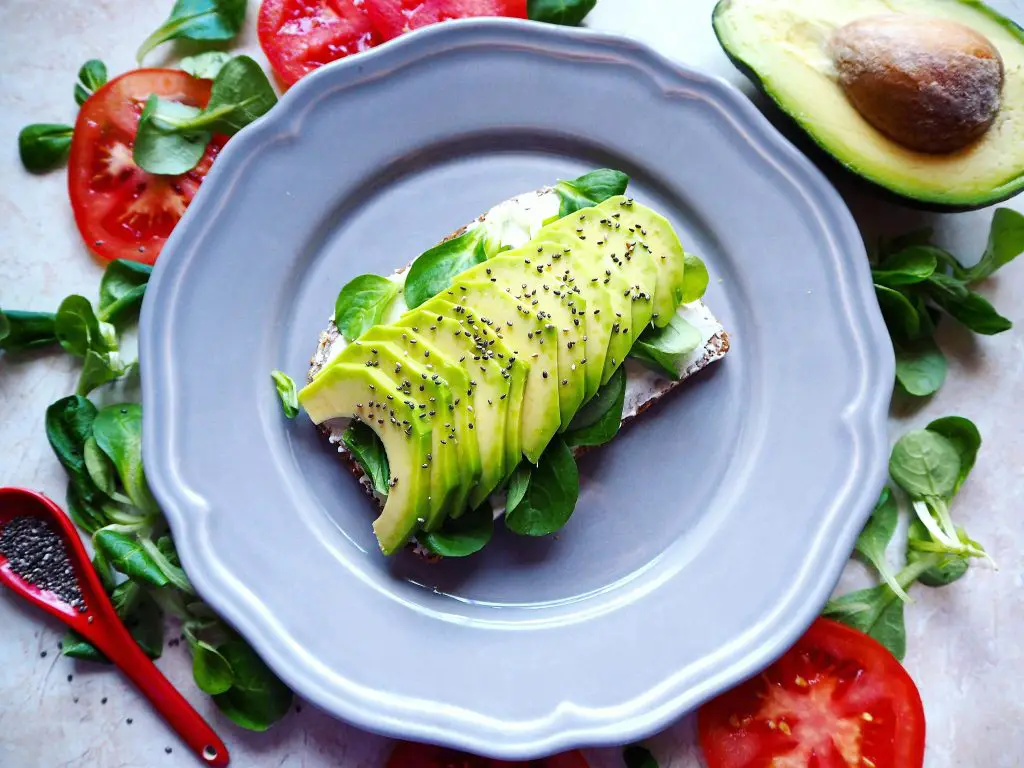
7. Avocados: A Creamy, Nutrient-Rich Fruit
Avocados are unique because they are high in healthy fats rather than carbohydrates. The monounsaturated fats in avocados are heart-healthy and may help reduce bad cholesterol levels. Additionally, avocados are rich in potassium, which helps maintain healthy blood pressure.
Their creamy texture and mild flavor make them a favorite in guacamole, salads, and toast. They’re also loaded with vitamins E, K, and B-complex vitamins.
- All in one tool splits, pits and slices avocados
- Stainless steel pitter removes pit with one quick twist
- Slicer lifts fruit from skin in seven perfect pieces
- Soft, comfortable non slip grip
- Top rack dishwasher safe
Recipes:
Avocado Toast: Spread mashed avocado on whole-grain toast. Top with a poached egg and sprinkle with chili flakes.
Avocado Smoothie: Blend avocado with spinach, almond milk, banana, and a dash of honey for a creamy green smoothie.
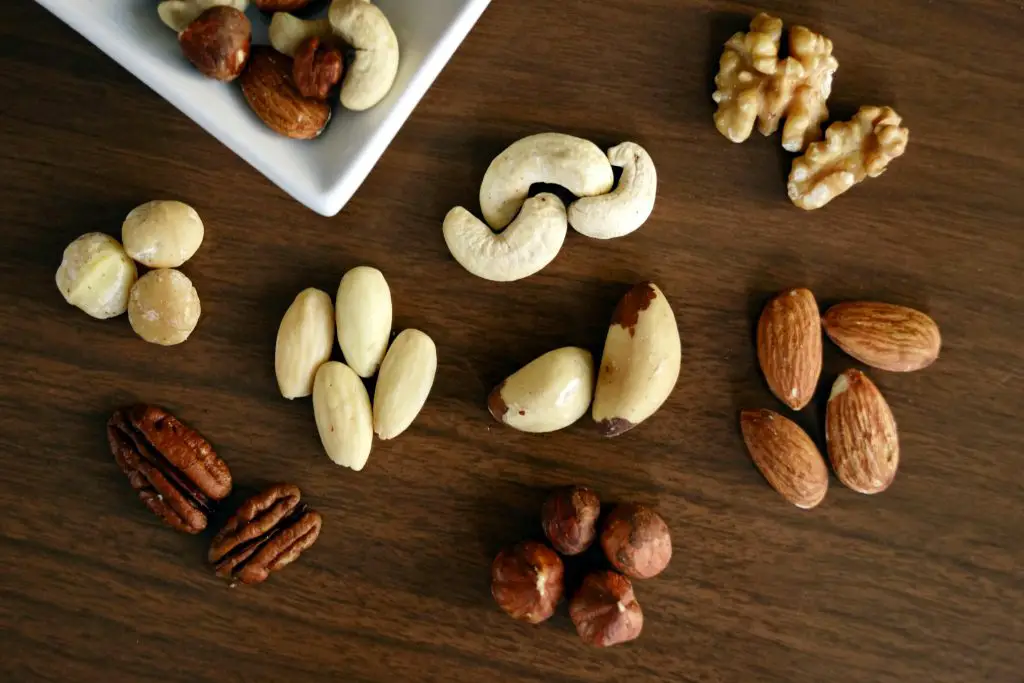
8. Nuts and Seeds: Tiny Nutritional Giants
Nuts and seeds are packed with healthy fats, protein, and fiber. Almonds, walnuts, chia seeds, and flaxseeds are excellent choices. They provide essential nutrients like vitamin E, magnesium, and omega-3 fatty acids.
Regular consumption of nuts and seeds can improve heart health and support weight management. Use them as snacks or sprinkle them on top of oatmeal and salads.
Recipes:
Chia Pudding: Mix 3 tbsp of chia seeds with 1 cup of almond milk. Let sit overnight and top with fresh fruit.
Spiced Nut Mix: Toss mixed nuts with olive oil, smoked paprika, and a pinch of sea salt. Roast at 350°F for 15 minutes.
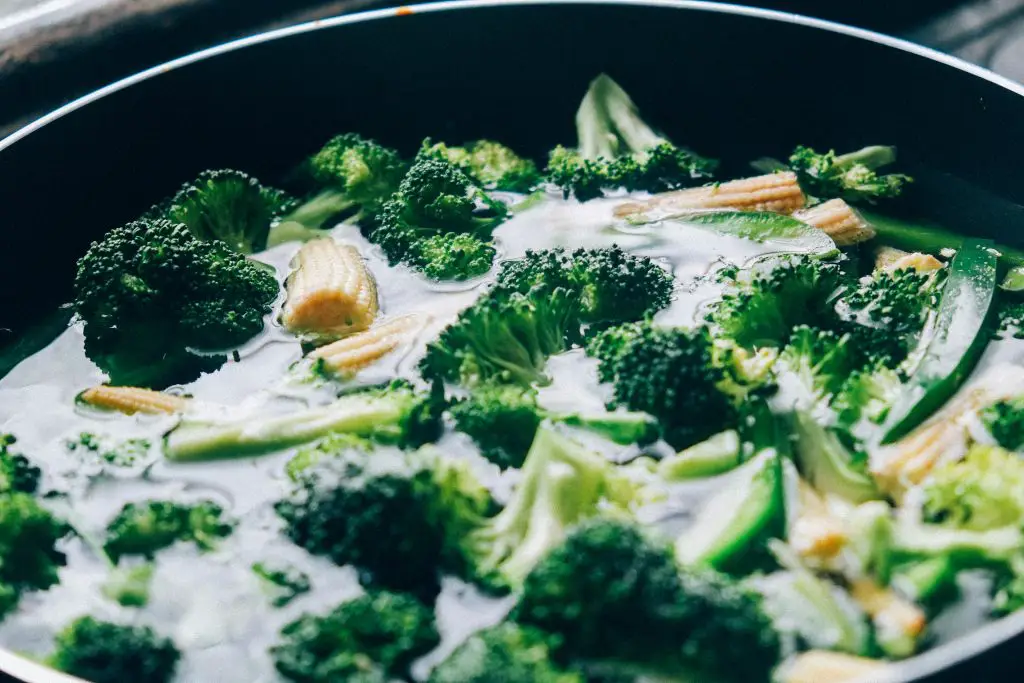
9. Broccoli: A Cruciferous Wonder
Broccoli is a cruciferous vegetable rich in vitamins C and K, folate, and potassium. It’s also a powerful source of antioxidants, including sulforaphane, which may reduce the risk of certain cancers.
This vegetable is easy to prepare and can be steamed, roasted, or added to stir-fries. Its high fiber content supports digestion and promotes a healthy gut.
Recipes:
Garlic Roasted Broccoli: Toss broccoli florets with olive oil, minced garlic, and a pinch of salt. Roast at 400°F for 20 minutes.
Broccoli Stir-Fry: Sauté broccoli with soy sauce, ginger, and sesame oil. Serve over rice or noodles.
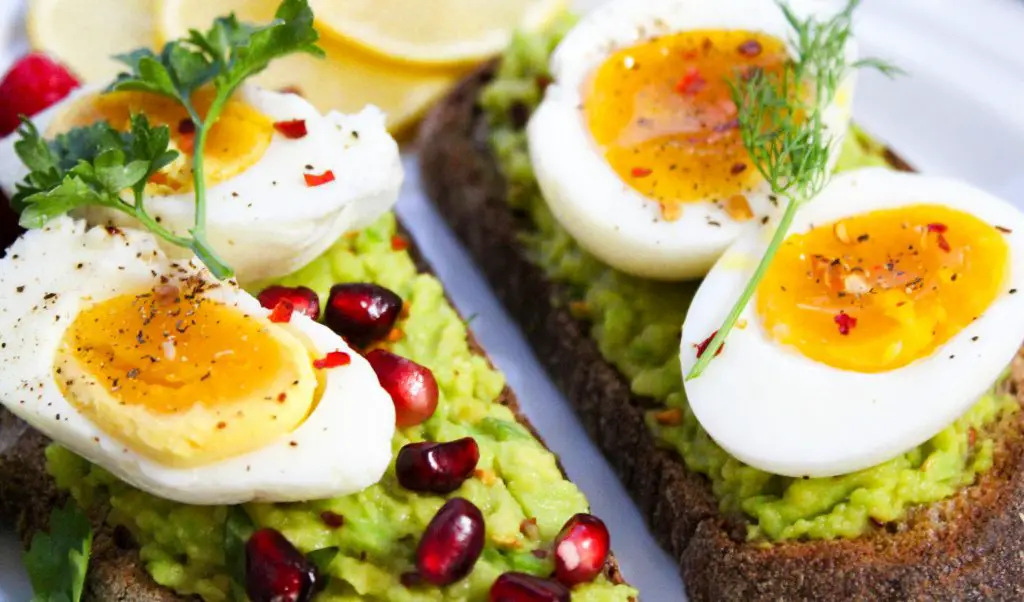
10. Eggs: Nature’s Multivitamin
Eggs are incredibly nutritious and versatile. They’re an excellent source of protein, healthy fats, and important nutrients like choline and vitamin D. Choline is essential for brain health and proper cell function.
Contrary to old misconceptions, eggs can be part of a heart-healthy diet when consumed in moderation. Boil, scramble, or poach them for a quick and satisfying meal.
Recipes:
Vegetable Egg Muffins: Mix beaten eggs with chopped vegetables. Pour into muffin tins and bake at 375°F for 20 minutes.
Shakshuka: Simmer eggs in a spiced tomato sauce with bell peppers and onions. Serve with crusty bread.
Conclusion
Incorporating these ten healthy foods into your diet can transform your overall well-being. From antioxidant-rich blueberries to protein-packed eggs, each food offers unique benefits for your body and mind. By including a variety of these nutrient-dense options in your meals, you can boost your energy levels, improve your health, and enjoy delicious recipes.
Start making small changes today and reap the long-term benefits of a balanced, wholesome diet.
If this review was useful to you, please read my review of the Kuvings Whole Slow Juicer: REVO830W

Michael is a freelance writer. He devotes a great deal of time to reviewing health-related products and is passionate about writing engaging and helpful content. With over twenty years of experience, he writes to help you make well-informed decisions for the health of you and your family.









